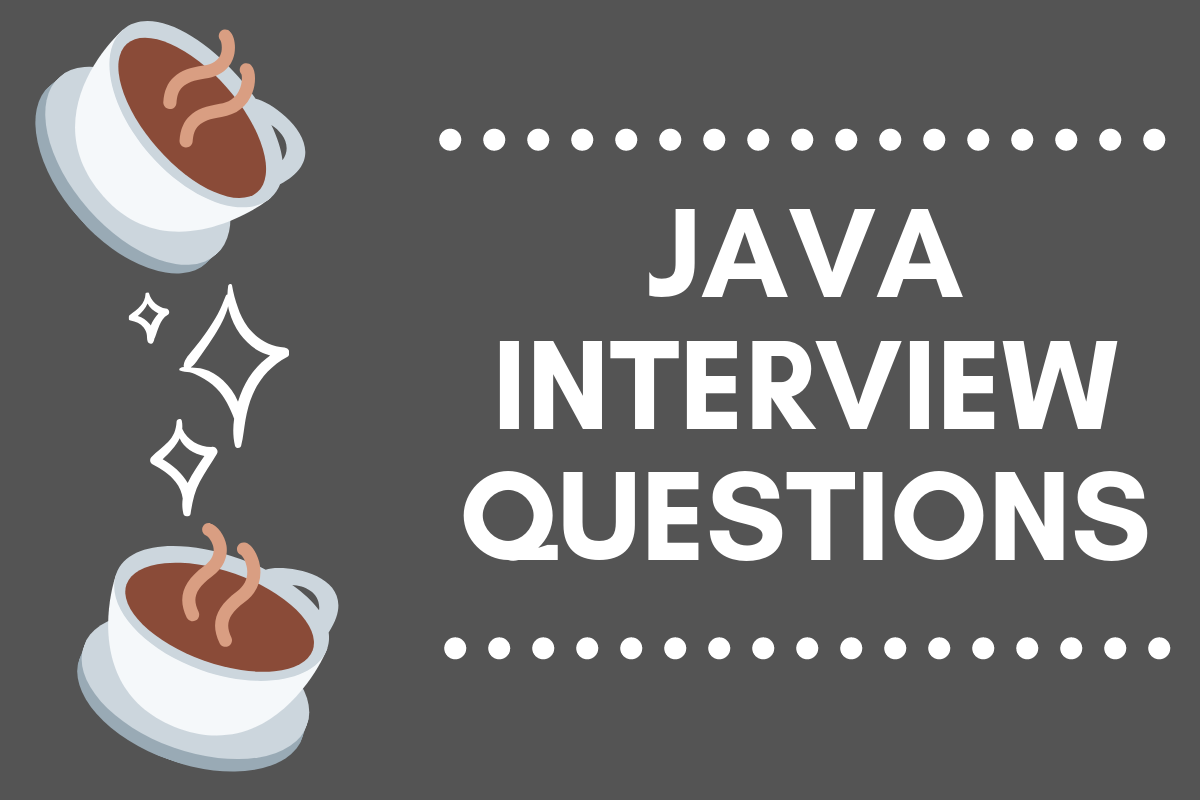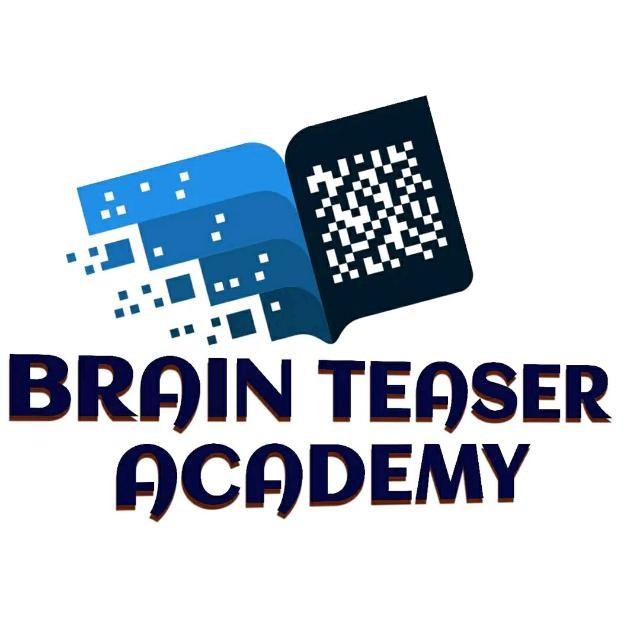Top 10 Java Interview Questions
1. What is Java and what are its key features?Java is a high-level, class-based, object-oriented programming language designed to have as few implementation dependencies as possible. Its key features include platform independence (write once, run anywhere), object-oriented, robustness, security, multithreading, and high performance through Just-In-Time (JIT) compiler.
2. Explain the difference between JDK, JRE, and JVM.- JDK (Java Development Kit): A full-featured software development kit required to develop Java applications, including JRE and development tools like the compiler and debugger.- JRE (Java Runtime Environment): A set of software tools for running Java applications, including JVM and libraries but no development tools.- JVM (Java Virtual Machine): An abstract machine that provides a runtime environment to execute Java bytecode, making Java platform-independent.
3. What is the difference between an abstract class and an interface in Java?
– Abstract Class: Can have both abstract methods (without implementation) and concrete methods (with implementation). It can have state (instance variables).- Interface: Can only have abstract methods (Java 8 allows default and static methods).
It cannot have state. An interface is implemented by classes.
4. Explain the concept of inheritance in Java.Inheritance is a mechanism in Java where one class (subclass/child class) inherits the fields and methods of another class (superclass/parent class). It promotes code reusability and establishes a parent-child relationship between classes. Inheritance is implemented using the extends keyword.
5. What is polymorphism in Java and how is it implemented?Polymorphism allows objects to be treated as instances of their parent class rather than their actual class. It can be implemented in two ways:- Compile-time polymorphism: Achieved through method overloading.- Runtime polymorphism: Achieved through method overriding.
6. How does exception handling work in Java?Exception handling in Java is managed using try, catch, finally, and throw/throws. The try block contains code that might throw an exception, catch block handles the exception, finally block executes code regardless of whether an exception occurs, and throw/throws is used to throw exceptions
.7. What is the difference between ArrayList and LinkedList in Java?- ArrayList: Implements the List interface using a dynamic array. It offers constant-time positional access but is slow for inserting or deleting elements from the middle.- LinkedList: Implements the List and Deque interfaces using a doubly-linked list. It offers faster insertions and deletions but slower positional access compared to ArrayList.
8. Explain the concept of multithreading in Java.Multithreading is a process of executing multiple threads simultaneously to maximize CPU utilization. Threads are lightweight sub-processes, and Java provides built-in support for multithreading through the java.lang.Thread class and the java.util.concurrent package.
9. What is the purpose of the final keyword in Java?The final keyword is used to define constants, prevent method overriding, and inheritance. When applied to a variable, it makes it a constant. When applied to a method, it prevents subclasses from overriding it. When applied to a class, it prevents the class from being subclassed.
10. What is garbage collection in Java and how does it work?Garbage collection is an automatic memory management feature in Java that deallocates memory occupied by objects that are no longer in use, preventing memory leaks. The JVM’s garbage collector identifies and removes these objects. Java developers can request garbage collection using System.gc(), but it is not guaranteed to run immediately.Free Resources to learn Java
👇👇





Leave a Comment